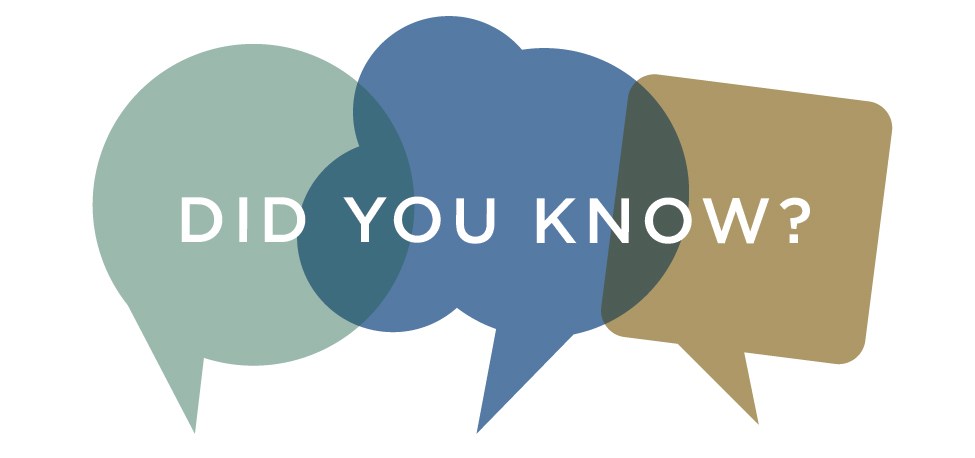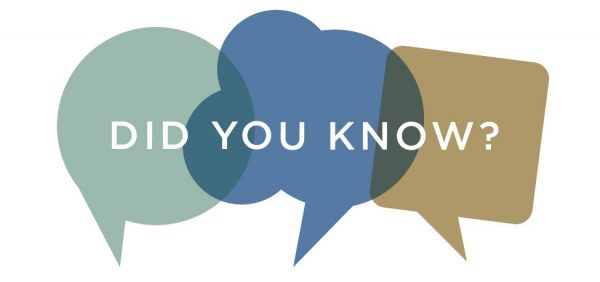Nigeria is home to anywhere between 210 and 250 fintech companies, according to the Enhancing Financial Inclusion and Access (EFInA) report on the country’s financial technology sector. This makes the country’s fintech industry one of the largest in Africa.
The report says that the sector has grown significantly over the past five years, evidenced by the multiplication of investment and the diversification of the products offered by various players in the space.
This growth started with just a handful of companies in the early 2000s, when banks were introducing electronic payments and Nigerians were warming up to mobile telecommunications. The first set of fintech companies in the country facilitated the transition of financial institutions to electronic payments, and looped telecoms into the widening web of banking channels.
More recently, there’s been a wave of newer generation fintech ventures. Some of them have enjoyed relatively quick growth, by leveraging the startup model. Because there was a largely untapped market for the services they offered, they were able to attract large sums in investment from local and international venture capital firms.
Drivers of the Fintech Expansion
Over the past five years, that flow of investment has exceeded $250 million. The total sum staked on fintechs in 2018 alone was $87 million. The EFInA report identifies a number of possible drivers of this expansion: the push for financial inclusiveness by government through the CBN; an increase in smartphone use; a surge in ecommerce activity; and the establishment of innovation hubs across the country.
One factor not discussed by the report, however, is the large number of youth in the country. Many of them tend to be more open to new technologies. Although other population segments are latching on to digital tools, the urban youth continue to pull the strings behind the other growth-spurring factors for fintech.
A breakdown of the market shows three concerns which dominate fintech in Nigeria: digital retail payments, lending, and payments infrastructure. Together, they make up 80% of the market. There’s been a recent climb in the number of lending platforms, and an increase in partnerships with banks.
Interestingly, players from outside of the industry are now taking an interest in the payments space. For instance, MTN, a telecoms giant, is getting involved with digital payment services in Nigeria.
The Challenges of Fintech Companies
But for all the progress that has been made, some old problems persist, and newer ones are cropping up.
An emerging concern is the exit of experts from the industry in Nigeria. Many of these skilled personnel are leaving for “more mature markets” (as the EFInA report describes it). Their absence is creating a skills gap that may get harder to fill if the exodus continues. Other challenges include the perennial issues with infrastructure, regulation, and a generally tough business climate.
Nevertheless, some of these challenges are being addressed. There’s been movement towards having clearly defined regulations for the sector. And although deficits in infrastructure remain, the startups powering the Nigerian fintech revolution continue to press on.
Featured image source: Spectrum Health Care


